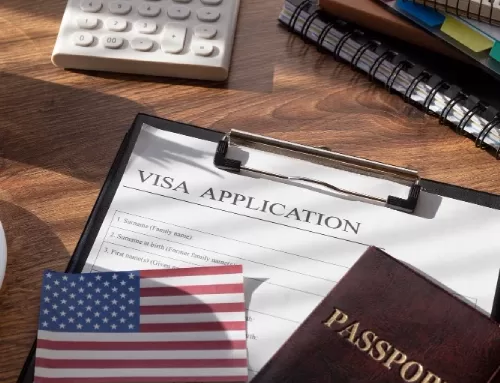Deferred Action for Childhood Arrivals (DACA) was issued a new rule on August 30 by the Biden Administration. According to the rule, DACA will be incorporated into Federal Regulations. Since the administration announced the recent ruling, many have raised questions regarding who is now eligible for DACA and what first-time applicants should expect. We want to put your questions and concerns to rest; continue reading to learn everything we know about the new rule and what to expect when it goes into effect on October 31, 2022.
Does anything change in regards to DACA now?
No! At this time, the new rule does not change anything regarding DACA. DACA requirements remain the same as of June 2012. However, when the new rule goes into effect, it will replace the DACA 2012 Napolitano memorandum.
Essentially, the rule is ratifying the DACA policy by incorporating it into federal regulations. According to the new rule, it will:
- Ensure that the Department of Homeland Security (DHS) provides notice to DACA recipients before terminating their DACA.
- Render that certain immigration-related offenses will not cause someone to immediately be barred from receiving DACA.
- Explain that the DHS will not use the information provided in DACA requests for enforcement unless there is evidence of fraud, a threat to national security, or public safety concerns.
How is the rule impacting current DACA recipients?
Fortunately, no changes have been made for DACA recipients and anyone seeking to obtain DACA. Individuals who are eligible for DACA may continue to renew or apply if:
- They currently have DACA; OR
- Their DACA expired LESS than a year ago.
If you have already applied for DACA by the time this new rule goes into effect, you will not have to reapply. Once it has gone into effect, all requests will be determined based on the new rule. Although nothing will change for those eligible to receive DACA, it is essential to note that litigation is subject to change who can access DACA while it goes into effect on October 31, 2022. At this time, DACA applications are still being affected by the Texas court injunction, so DACA renewals will continue to be processed by the U.S. Citizenship and Immigration Services (USCIS). Still, applications from initial requestors OR individuals whose DACA expired over a year ago will be halted while the injunction remains.
Can I still renew my DACA?
Yes, you may and should continue to renew if you are a current DACA recipient. If you just heard about the new rule and are wondering when you should submit your renewal, you should submit it NOW if:
- Your DACA expires six months or less from now.
- If your DACA expires anywhere from 6 months to 1 year, you should consider renewing early.
- If your DACA expires over one year from now, contact a trusted legal service provider to learn more about your eligibility to apply early.
What if my DACA has already expired?
If your DACA has already expired, you may be eligible to renew if the expiration date has not surpassed one year. If it has been over a year since your DACA expired, your application will not be processed or granted.
Immigration challenges can be difficult to navigate. At Rivera Law, we understand your DACA status’s importance to your life and your family. We want to assure you that we are here to assist you with your immigration challenges, big or small. If you believe you might qualify for DACA or have questions about your application or status, don’t hesitate to contact us at 561-651-9322 OR visit our website now! We are here to be an asset and update you on the latest immigration news.







Leave A Comment
You must be logged in to post a comment.